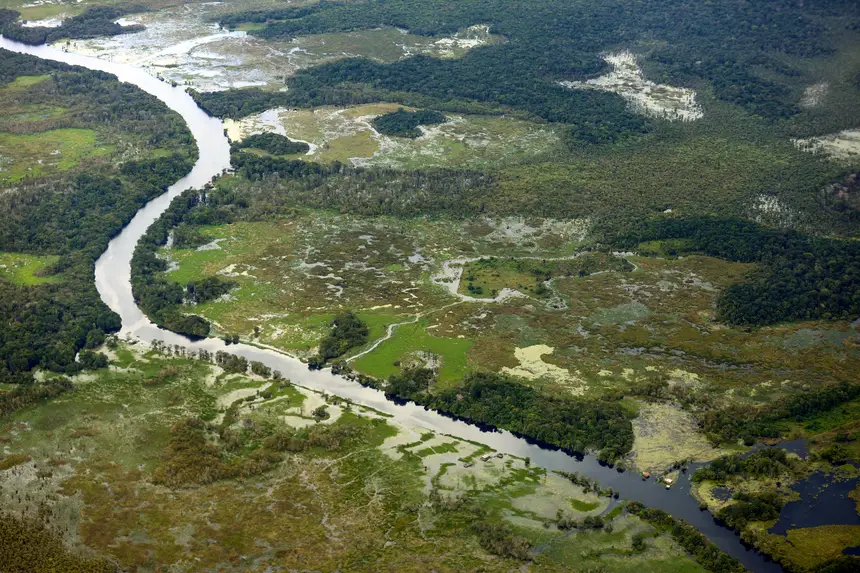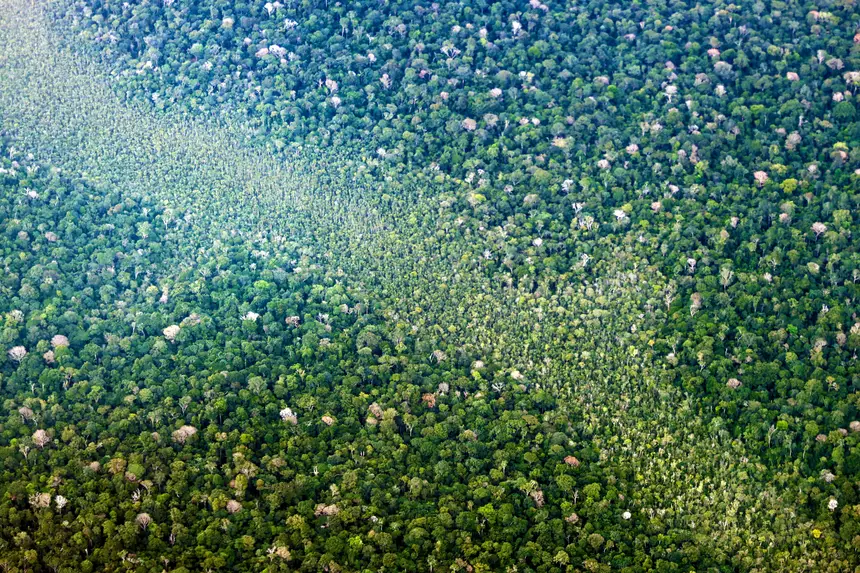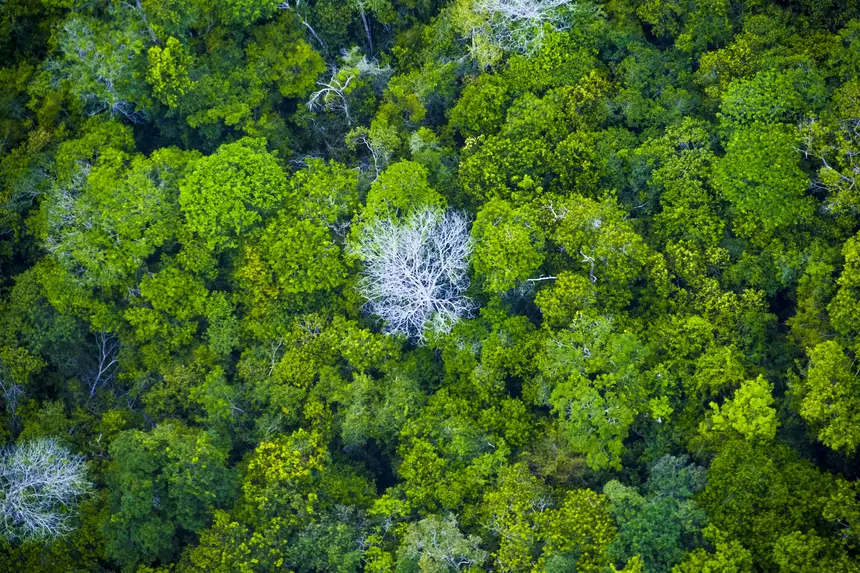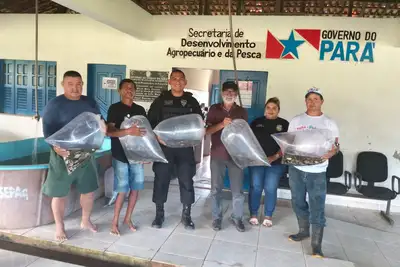Forest Concession in the Amazon Reinforces Pará's Commitment to Sustainable Forest Use
The measure represents another step in consolidating a model that combines sustainable development, environmental protection, and income generation in the Amazon region.
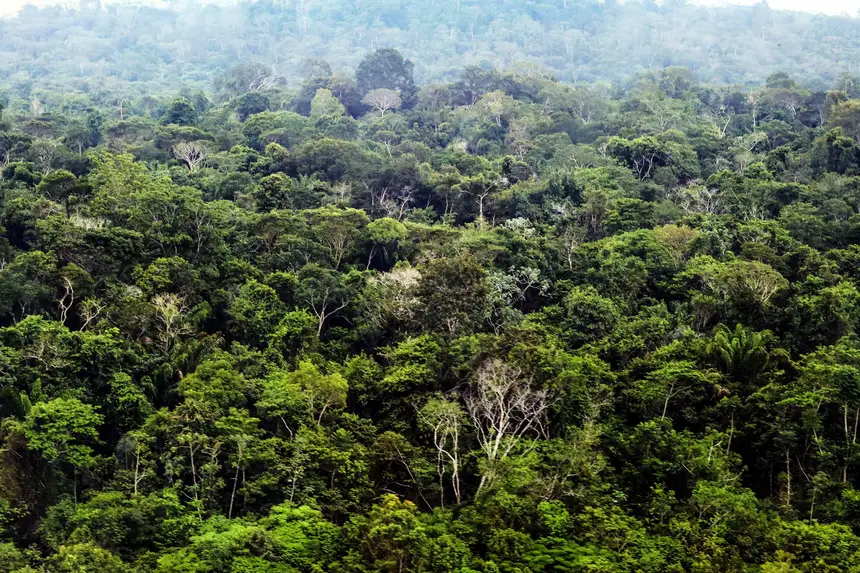
In a ceremony scheduled for this Thursday (5th) at 3 PM, at the Utinga State Park in Belém, the Government of Pará will sign the Forest Concession Contract for the 2nd Forest Management Unit (UMF) of the Mamuru-Arapiuns Glebe Set. This activity is part of the official state program for World Environment Day and represents another step in consolidating a model that combines sustainable development, environmental protection, and income generation in the Amazon region.
With an area of 68,680.72 hectares, the 2nd UMF encompasses the municipalities of Santarém, Juruti, and Aveiro. The concession contract, valid for 30 years, authorizes the sustainable management of 30,000 cubic meters of legal timber per year. Of this total, at least 8% must be processed in the municipalities covered by the concession, strengthening the local economy based on legal and environmentally responsible practices.
Legal Support - Foreseen in the Public Forest Management Law (No. 11,284/2006), the forest concession is a management modality that allows the management of forest products and services by private companies, in exchange for payment to the State, without transferring land ownership. By ensuring that the forest remains standing, the model prevents predatory practices such as land grabbing and illegal deforestation, while promoting the rational use of natural resources.
“The State has a constitutional duty to protect its forests. By granting sustainable use of public areas, we ensure institutional presence where there was previously abandonment, bringing oversight, investment, and job opportunities. It is the forest generating wealth without needing to be destroyed,” stated Nilson Pinto, president of the Forest Development and Biodiversity Institute of the State of Pará (Ideflor-Bio).
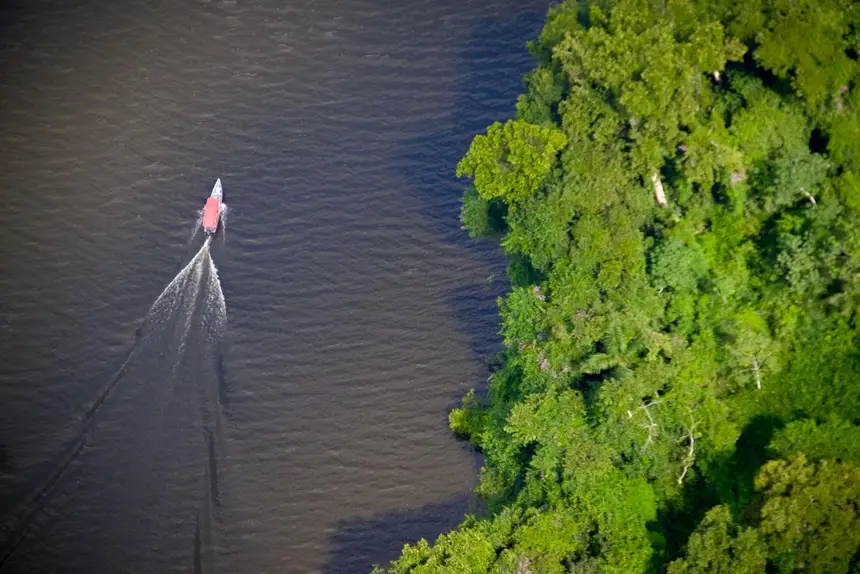
Social Return - The contract also provides for positive impacts for surrounding communities. The concessionaire must invest more than R$ 300,000 annually in actions that promote social, productive, and community organization. These investments, defined participatively among residents, the company, and public agencies, must meet local needs in infrastructure, services, and sustainable income generation.
Since the forest concession model was adopted in the Mamuru-Arapiuns Glebe Set, the Government of Pará has already observed positive impacts in curbing deforestation and strengthening the legal forest economy. With constant state oversight and independent audits, the contracts ensure strict compliance with sustainable forest management practices, ensuring the natural regeneration of the forest.
“The forest concession is a strategic instrument to reconcile biodiversity conservation, climate change mitigation, and local development. This contract shows that it is possible to use the forest responsibly, generating direct benefits for the population and strengthening environmental governance,” highlights Ana Claudia Simoneti, director of Public Production Forest Management at Ideflor-Bio.
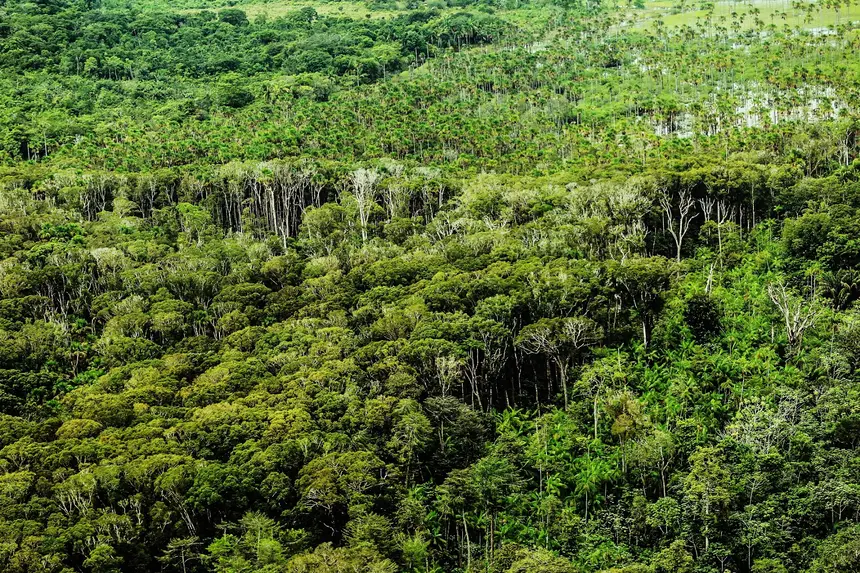
The expectation is that the concession of the 2nd UMF could generate about R$ 2.5 million per year in transfers to the involved municipalities, in addition to direct investments in the communities. The management system provides for the controlled and rotational cutting of a few trees per hectare, with a return to the same area after up to 35 years, ensuring the continuity of production without depleting natural resources.
Nilson Pinto concludes by saying that, “by transforming the forest into an economic asset through serious and transparent public policies, the Government of Pará reaffirms its leadership in addressing the global environmental crisis. The signing of this contract on Thursday symbolizes not only an advance in environmental management but also a concrete pact between the public power, the productive sector, and society to keep the forest alive, productive, and protected,” concludes the president of Ideflor-Bio.



